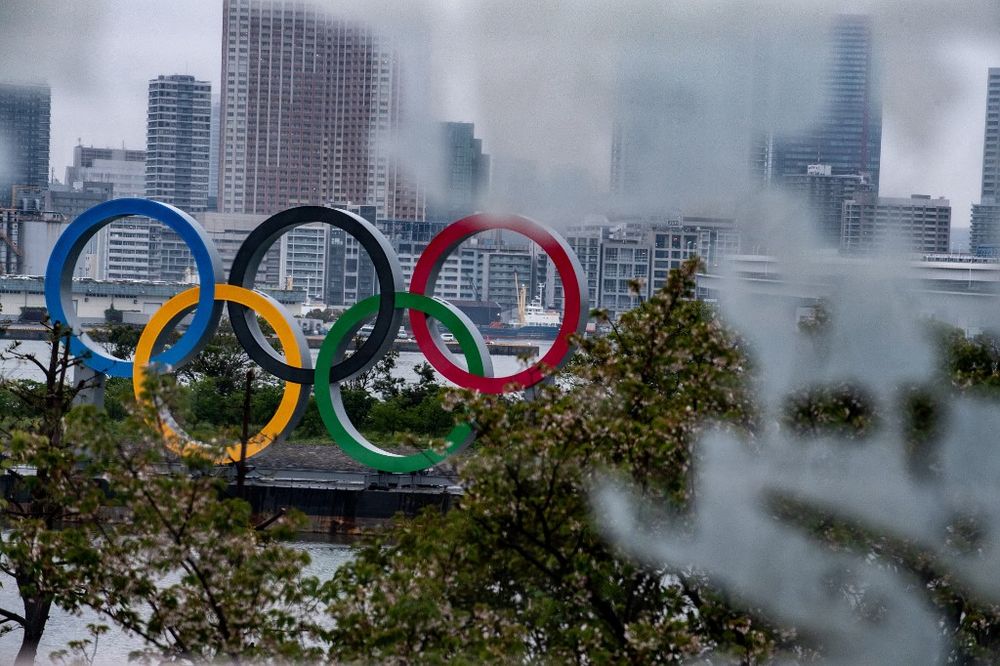TOKYO, April 20 — A Japanese expert who has criticised the country’s response to the coronavirus warned today that he is “pessimistic” that the postponed Olympics can be held even in 2021.
“To be honest with you I don’t think the Olympics is likely to be held next year,” said Kentaro Iwata, a professor of infectious diseases at Kobe University.
Japan and the International Olympic Committee (IOC) agreed last month to delay the Tokyo 2020 Games until July 2021 after pressure from athletes and sports federations.
But in recent days, as the coronavirus pandemic continues to spread worldwide, there have been questions about whether even a year-long delay will be sufficient.
Iwata told a press briefing that the virus would have to be under control at home and abroad for the Games to take place “because you have to invite the athletes and the audience from all over the world”.
“Japan might be able to control this disease by next summer, I wish we could, but I don’t think that would happen everywhere on Earth, so in this regard I’m very pessimistic about holding the Olympic Games next summer.”
Iwata said he could only see the Games being held next year if they were significantly altered, “such as no audience, or very limited participation”.
Iwata made headlines earlier this year for his public criticism of Japan’s handling of the coronavirus-wracked Diamond Princess cruise ship that docked off the country’s coast.
Japanese officials opted to carry out an on-ship quarantine, but more than 700 people on board ended up contracting the virus, and 13 died.
The decision to postpone the Olympics is unprecedented in peacetime, and followed a wave of complaints from athletes facing travel bans and lockdowns.
The postponement is a huge undertaking, but organisers have insisted they are working towards the new opening date despite ongoing uncertainty about when the pandemic will be over.
‘Speculative questions’
Asked about potential delays to the 2021 date, organisers said their “mission is to prepare the stage for next summer”.
“We do not feel it is appropriate to respond to speculative questions,” they told AFP.
“With regard to countermeasures against Covid-19, Tokyo 2020 and the IOC have a framework for information exchange and are cooperating closely with the World Health Organization.
“We will continue to work closely with relevant organisations and review all necessary countermeasures.”
Last week, Tokyo 2020 spokesman Masa Takaya told reporters at an online briefing there is “no Plan B” for the Games being postponed again.
But Iwata is not the only expert to have raised questions about 2021, with Devi Sridhar, chair of global health at the University of Edinburgh, warning last week that it was “very unrealistic” to think the Games could be held next year unless a vaccine is found.
“If we do get a vaccine within the next year then actually I think that (Olympics) is realistic. The vaccine will be the game-changer – an effective, affordable, available vaccine,” Sridhar told the BBC.
“If we don’t get a scientific breakthrough then I think that looks very unrealistic.”
The decision to delay the Games was a painful one for organisers and the IOC, which came in for criticism for the drawn-out decision to postpone.
Initially both officials in Japan and at the IOC insisted the Games could go ahead as planned, even as lockdowns around the world meant athletes were shut out of training locations and forced to stay home.
The virus had already wreaked havoc with preparations, forcing the cancellation of qualifiers, and alterations to test events. — AFP






















